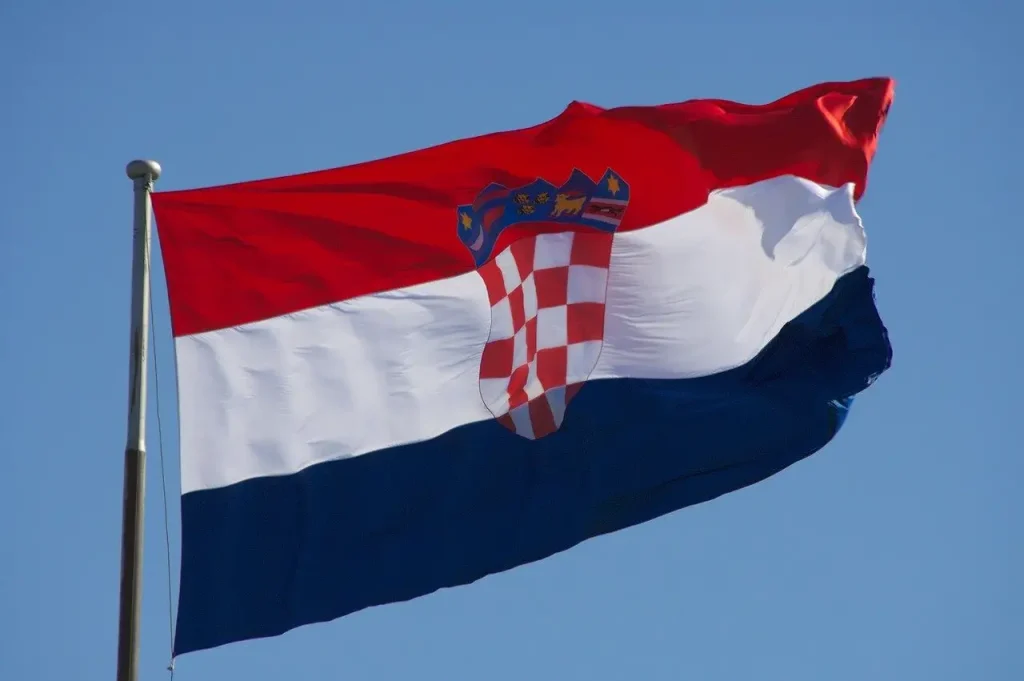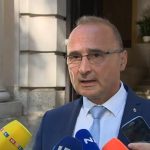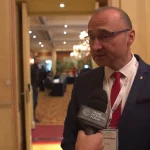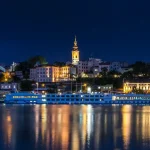He was accompanying diplomats accredited in Croatia who were visiting the exhibition at the Meštrović Pavilion. The exhibition honour 38 greats linked to Croatia whose work left a deep trace on humankind. Apostolic Nuncio Giorgio Lingua, doyen of the diplomatic corps, thanked the minister on their behalf.
“In order for the exhibition to be visible, it would be good if it were shown, for example, in Budapest, Berlin, Rome,” Grlić Radman told the press.
That would help to break down the stereotypes about Croatia, which is often seen as a country of athletes, footballers, the most beautiful sea, nature and such, he said.
Today’s visit was an opportunity for diplomats to get to know the many things they use every day without knowing who contributed to their creation, said Archbishop Lingua. “This is a good opportunity to see how much Croats have contributed to many fields in the world.”
“The exhibition is an introduction to the unimaginable wealth of the Croatian cultural heritage,” said Grlić Radman. It is dedicated to “extraordinary minds” linked to Croatia by birth, education or activity, he added.
The exhibition is dedicated to individuals whose work influenced global processes, changed the world or influenced global history, the minister said, such as inventor Nikola Tesla, presented as the man “who discovered the 20th century,” or Nobel winners Lavoslav Ružička and Vladimir Prelog, or “the father of forensics” Ivan Vučetić.
Archbishop Lingua said he was pleased that today’s visit was an opportunity “to see the world through Croatian eyes.”
For more about diplomacy in Croatia, follow TCN’s dedicated page.











